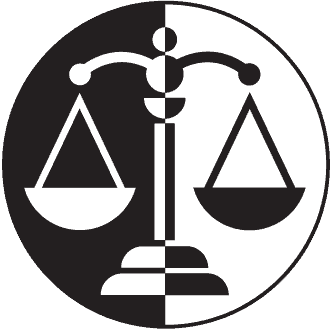Five Things I’d Never Do
A current TikTok trend involves various professionals listing five things they’d never do. In that vein, here’s our take:
Five Things I’d Never Do as an Elder Law Attorney
- Turn down Long Term Care Insurance. If your job offers long-term care insurance as a benefit or you have the opportunity to obtain such insurance at a reasonable cost, don’t turn that opportunity down. Long-term care insurance pays for the cost of your skilled nursing care and it can be expensive to obtain later in life. If you have long-term care insurance you don’t have to worry about losing your life savings if you need to enter a nursing home, and you may have the option to enter a nicer facility or have a private room. Long-term care insurance often even enables you to have caregivers in your home rather than having to go to a nursing home at all.
- Fail to sign a Durable General Power of Attorney. If you don’t have a Durable General Power of Attorney in place and you become incompetent due to a stroke, dementia or other reason, then your spouse or family will not have access to monies or property in your name to take care of you. To gain that access, they’ll have to go to court to have you declared incompetent and become your Guardian, and they’ll have to obtain court approval before they can make any big expenditures from your funds. A Power of Attorney preserves your privacy and keeps the court out of your financial affairs. It gives your spouse or family members more flexibility in making sure you and your spouse and children are taken care of.
- Pay caregivers or home health aides in cash. Paying caregivers cash “under the table” can come back to bite you from an income tax standpoint, and if you need to apply for Medicaid to pay for nursing home care, those cash disbursements could be viewed as transfers of assets that make you ineligible. If people are providing care for you, make sure you have a contract in place and that payments pursuant to that contract are documented with invoices and cancelled checks.
- Give money or other assets to children, grandchildren, or others. A lot of people love to spoil their grandchildren by buying them cars or writing them big checks, and they can’t say no to their children when they ask for money to help make a big purchase or pay their bills. Unfortunately this generosity can cause the donor to be deemed ineligible for Medicaid to help pay for their nursing home care. Medicaid penalizes transfers of assets so don’t write numerous big checks or make big cash gifts to your family members if you may need nursing home care in the next five years.
- Accept the Medicaid caseworker’s determination that I’m not eligible for benefits. If you apply for Medicaid to pay for your long-term care and the caseworker tells you you’re not eligible because you have too much money and that you need to “spend down,” consult an Elder Law Attorney to make sure that determination is correct. Certain assets are non-countable for Medicaid eligibility purposes, and the spouse is entitled to retain a portion of the assets. An Elder Law Attorney can help you determine whether the information you received from the caseworker is correct, and if it is, the lawyer can also help you convert countable assets into non-countable ones and protect assets for your spouse still living at home.
Amanda Spence has been practicing Elder Law and Estate Planning in Raleigh, North Carolina for 30 years. She works with clients in Wake, Johnston, Harnett and other counties throughout North Carolina. To schedule a consultation with Ms. Spence call (919) 863-4183 or email her at aspence@allenspence.com

